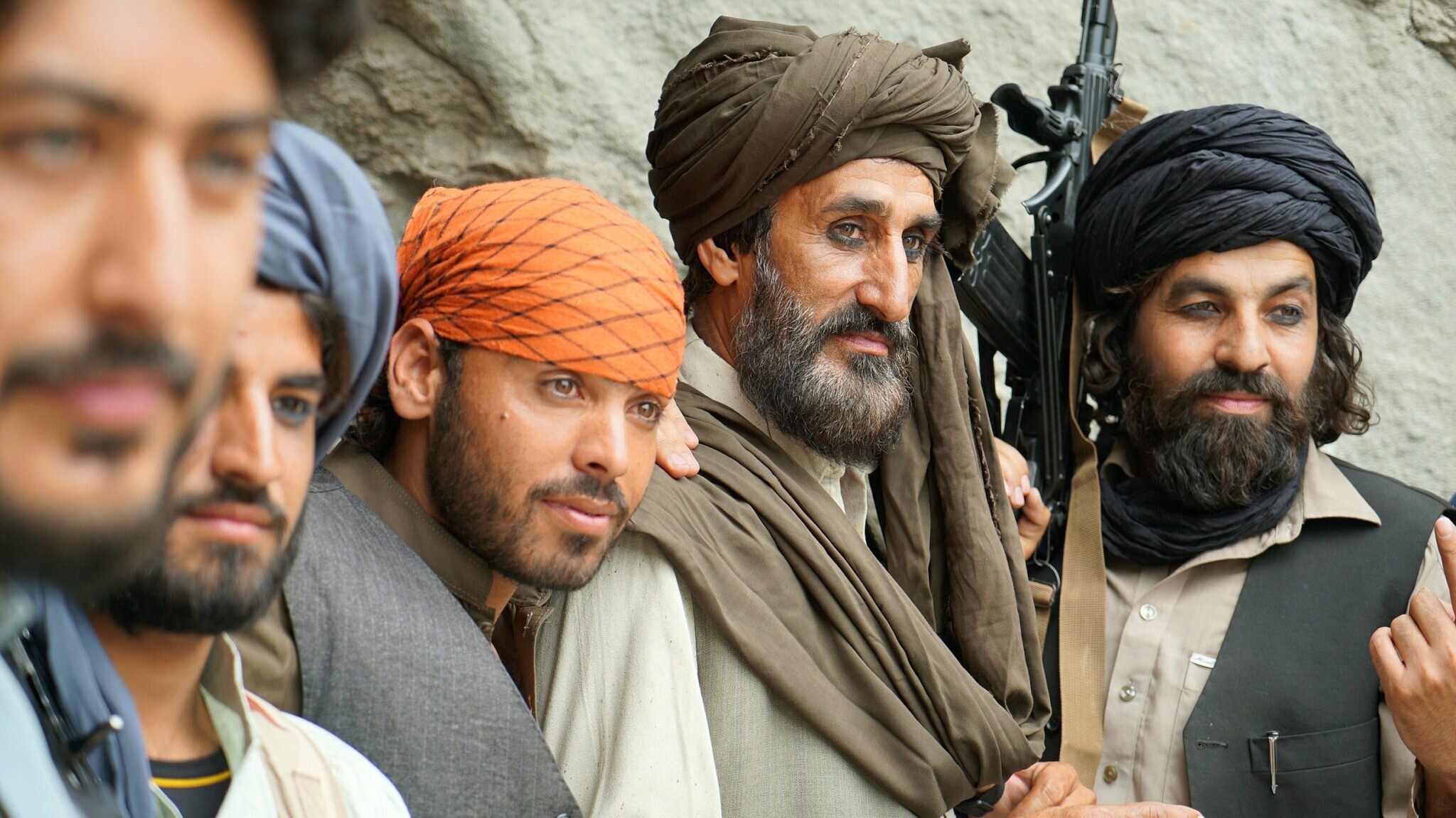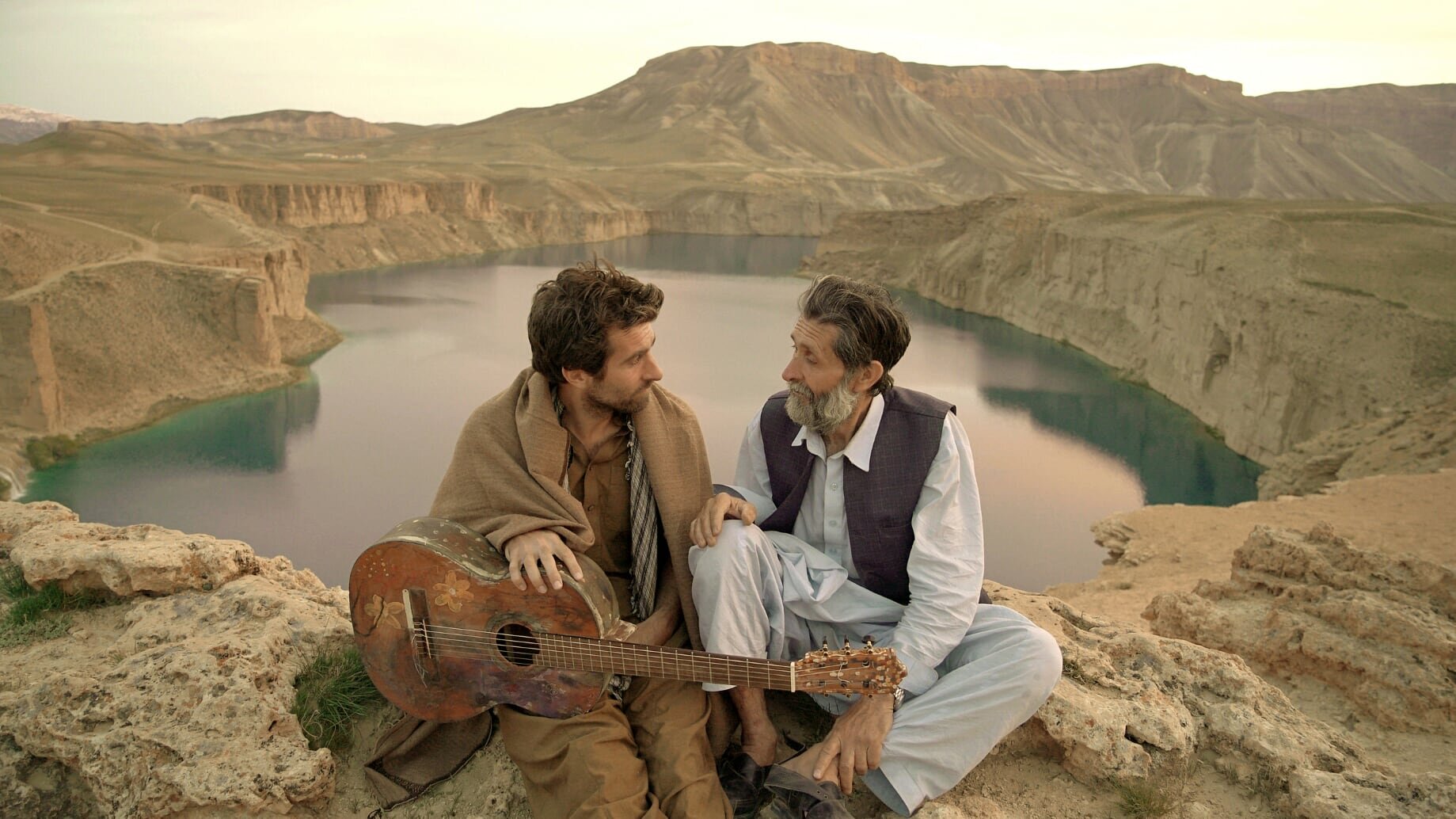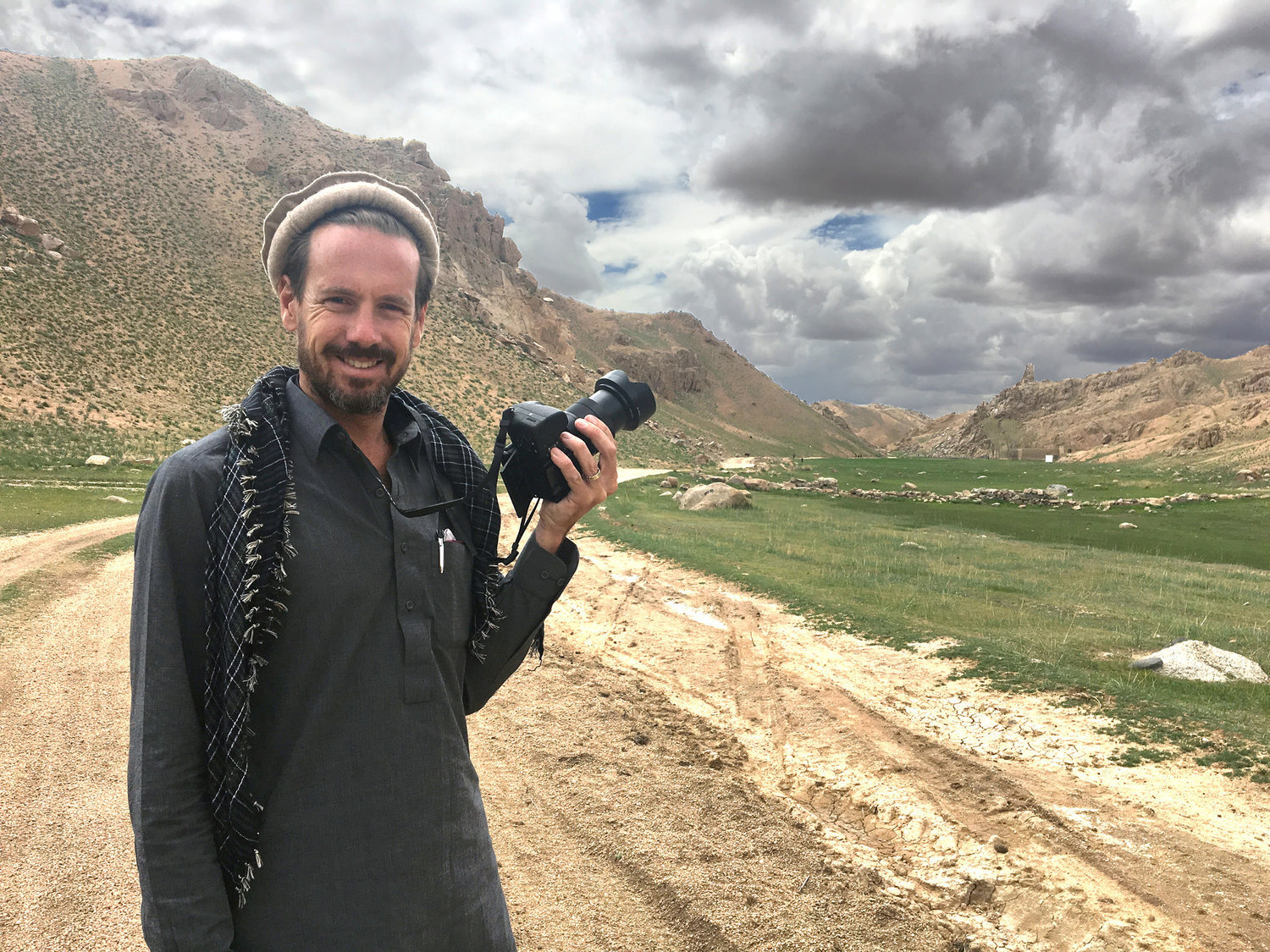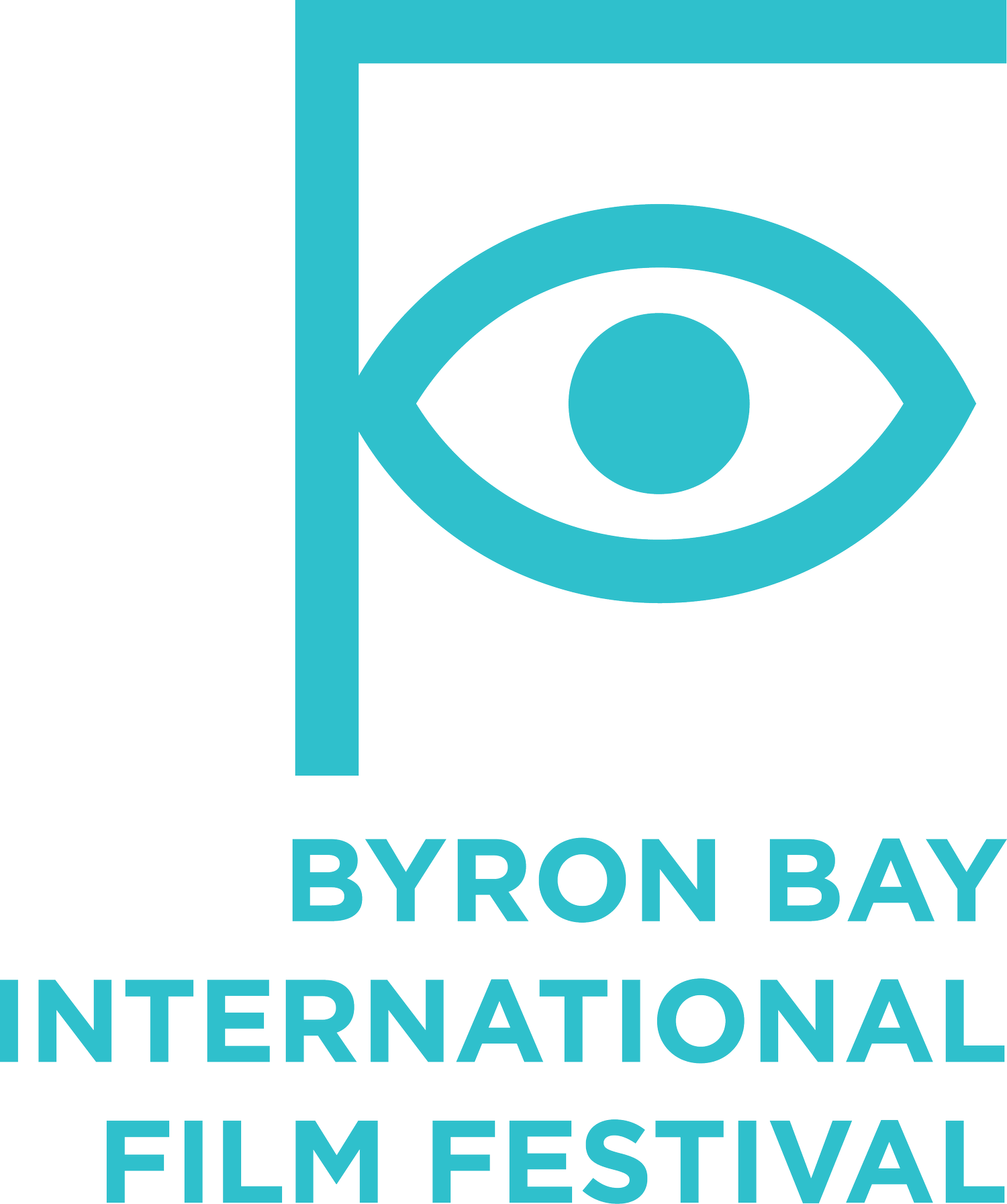Challenging the stereotypes
By Digby HildrethForgiveness is not a quality you might expect to come across in the brutal war zones of Afghanistan – but it is the theme of Bangalow filmmaker Benjamin Gilmour’s feature drama, Jirga, which is set there.Jirga is the Pashto word for the council of elders that constitutes the law in Afghanistan villages, and it is a jirga that must decide the fate of a guilt-ridden Australian soldier who has returned to the country to make amends for accidentally killing a civilian three years previously.Played by Sam Smith, the soldier, Mike Wheeler, presses on into Taliban–controlled territory despite having been warned off by a mate in Kabul.“They’ll kill you,” his friend warns, but Wheeler is obsessive set on his mission to submit himself to the judgment of the dead man’s family.The fictional Wheeler’s venture mirrors Gilmour and Smith’s real-life experience making the film: setback, commitment, danger, resolution.The pair arrived in Pakistan to find the security services had kiboshed their clearances to film; their backer had pulled out and they were stranded, with no money and no crew.They decided to travel to Afghanistan and go ahead with it anyway. Gilmour pared back the storyline, bought a camera off the shelf in Pakistan, and juggled the roles of director and cinematographer. They shot the film ‘guerrilla-style’ in Kabul and in the countryside around Jalalabad – grabbing a few hours footage in a cave, a few more by a lake, cramming as many scenes in as possible their before their security guys started getting jumpy and moved them on.Despite its shaky foundations, Jirga emerges as a wholly satisfying, well-rounded piece of cinematic art: It is tense, with the paranoia and potential for disaster that life holds in such a war-wearied and divided country, but unfolds gradually, with a contemplation that reflects Gilmour’s early calling as a poet.And it has big, and challenging themes: Afghanistan has been occupied for 17 years, long after the West’s initial purpose was fulfilled, but the skies are still full of military helicopters. What is the purpose and moral justification for this continued assault? Who suffers most during this war, or any war? What is the best path to peace in such a climate of extreme violence?Within this political/realpolitik context Gilmour tells a plain, spiritual story of one man’s pursuit of redemption, even if he has to pay for it with his life.And he takes time to observe Afghan life and culture close-up – in the tiny foyer of a Kabul hotel, at the bird market, a shop on Chicken Street full of antique weaponry and other marvels.He also lovingly records the Afghan landscape: the mountains, valleys and lakes of what he says is “the most beautiful country I have travelled to”. Within those forbidding mountains Wheeler and his driver, without a word in common, connect in a simple but profound way, through music. East can meet West. Gilmour’s mission is to encourage peace by countering the stereotypes that are perpetuated by our media and political bosses, and humanise those involved.“Since 9/11 the political establishment is pushing us more and more towards fear and away from love with its hateful rhetoric and division, conditioning us to oppress minorities, give up civil liberties, encourage Islamaphobia and racism.“What I wanted to achieve with this film is to open people’s hearts and minds to Afghanistan and Muslims and as a way of creating reconciliation and peace in the world.”For Sam Smith, who hadn’t travelled in Asia before the filming, Jirga I was a transformative experience.“It changed my understanding of safety and made me more appreciative of very simple things, like sitting somewhere drinking a cup of tea and not feeling the need to be constantly assessing what’s happening out of my line of sight or mapping in my head escape routes out of wherever I might be,” he says.“I had an intellectual understanding of what it means to live in an unstable/ dangerous country, but having spent two months away in Pakistan and Afghanistan, it’s something I understand on a very visceral level now.“Like having someone tell you about honey for example. They could tell you how it smells, how it tastes, it’s texture and colour, but until you have actually tasted honey, it remains an idea in your head.“It made me feel gratitude in my day to day for living in a country which for the most part is very safe.” Gilmour is at home in the region. In Pakistan, he made Son of a Lion in 2007 and a segment of Paramedico in 2013. And he has spent time with tribesmen on the frontier – fierce, beared men with AK47s who he says were also “the most generous, hospitable, kind humans, in touch with their emotional side and prone to reciting poetry and smelling roses”.For Jirga Gilmour wanted to focus on directing, so being forced into camera duties had “a lot of negativities” about it, including sometimes wrestling with the technicalities and taking his eye off the actors. “The advantage though is what the audience sees is exactly what I want them to see. There’s no middle man reinterpreting what the director wants. There’s a purity of process that was really exciting. One or two takes … sometimes with characters who hadn’t even met each other.”One of the most moving sections of the film, where Mike Wheeler turns up at the house of his victim’s widow, was unplanned, the ‘actor’ playing the woman a simple villager. “I didn’t know what I was going to get. The script had her as very constrained, but she expressed herself in a very real and exciting way. Filming that scene I was crying … it was really emotional. She’s screaming, holding stones … and you’re right there. I could feel and hear and smell them, right in the thick of the emotion. “It’s deep-end thrilling filmmaking. And if I’m feeling it while I’m shooting it, I’m thinking, ‘maybe the audience will too’.” The Reports on Sarah and SaleemThrilling filmmaking is also evident in another Festival drama that crosses political fault lines. The couple of the title are divided, like Jerusalem, where the film is set, by ethnicity and class, but are united by their desire for each other – consummated in the back of Saleem’s little delivery van.When they step outside their lust-filled routine and spend an evening in Bethlehem their affair starts to become entangled in the political and ethnic complexities of the region. Saleem attracts the attention of the Palestinian security forces and it is not long before the Israelis are showing an interest in Sarah, who is married to one of their senior army officers.He and Saleem’s alarmed by courageous wife gradually come to learn the truth about their wandering spouses, with explosive consequences.It makes for a compelling human story – a romance/thriller – in a setting where the idea that the personal is political has an inescapable truth to it. The pair’s cheating on their partners also has to carry the weight of their ‘betrayal’ of their people. But by telling a human story in Israel/Palestine, writer/director Muayad Alayan, like Benjamin Gilmour, counters some of the stereotypes we may have of the people on the ground, heightening empathy and compassion – and our understanding of the bizarre, and inhumane, circumstances of the situation there. The Byron Bay Film Festival runs from October 12-21. Program and tickets are available online at bbff.com.au 



